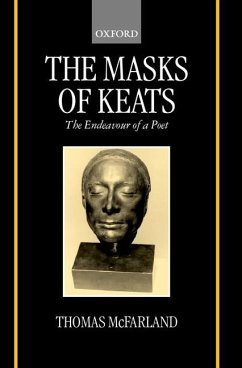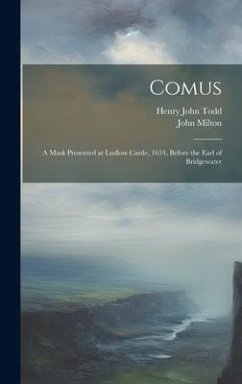
The Mask of the Prophet
The Extraordinary Fictions of Jules Verne
Versandkostenfrei!
Versandfertig in 1-2 Wochen
214,99 €
inkl. MwSt.

PAYBACK Punkte
107 °P sammeln!
Such novels as Twenty Thousand Leagues Under the Sea and Around the World in Eighty Days have made Jules Verne the most widely translated of all French authors. But he has typically been categorized as the father of science fiction or a writer of harmless fantasies for children. Now, in this brilliantly original new book, Andrew Martin relocates Verne squarely at the centre of the literary map. Dr Martin shows that a recurrent narrative (exemplified in short stories by Napoleon Bonaparte and Jorge Luis Borges), relating the strange destiny of a masked prophet who revolts against an empire, run...
Such novels as Twenty Thousand Leagues Under the Sea and Around the World in Eighty Days have made Jules Verne the most widely translated of all French authors. But he has typically been categorized as the father of science fiction or a writer of harmless fantasies for children. Now, in this brilliantly original new book, Andrew Martin relocates Verne squarely at the centre of the literary map. Dr Martin shows that a recurrent narrative (exemplified in short stories by Napoleon Bonaparte and Jorge Luis Borges), relating the strange destiny of a masked prophet who revolts against an empire, runs through Verne's Voyages Extraordinaires. This approach illuminates the paradoxical coalition in Verne of realism and invention, repression and transgression, imperialism and anarchy. In this book Verne emerges not just as a key to the political and literary imagination of the nineteenth and twentieth centuries but as a model for reading fiction in general.












